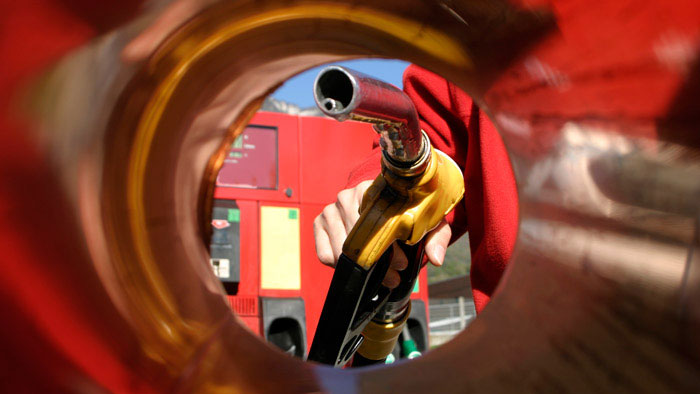
Philippines to implement fuel marking program in early 2019
The Philippine Fuel Marking Program will be implemented early next year, according to the Bureau of Customs (BOC), the lead implementing agency for the program. Initially, the plan was to implement the program by the second half of 2018. However, the contract was only awarded to the joint venture between SICPA SA and SGS Philippines last month.
Marking of petroleum products, whether imported or manufactured in the Philippines, will become mandatory five years after the Tax Acceleration for Acceleration and Inclusion (TRAIN) law, which took effect on January 2018.
The Bureau of Customs and the Bureau of Internal Revenue (BIR) have recently created the draft implementing rules and regulations for the fuel marking program. Sicpa SA and SGS Philippines Inc. were given 30 days to submit the master plan. The joint venture will also implement and manage a nationwide fuel testing program, including fuel analysis and data management, and provide training to ensure the transfer of technology to BOC and BIR personnel.
Fuel marking is required on all petroleum products that are refined, manufactured, or imported into the Philippines that are subject to the payment of duties and taxes such as but not limited to gasoline, denatured alcohol used for motive power, kerosene, and diesel fuel oil after the taxes and duties have been paid.
In August, a task force to oversee the preparation for the implementation of the fuel marking program was created. Chaired by the Custom’s Enforcement Group and co-chaired by the Intelligence Group, the task force will supervise the implementation of the program.
The Department of Finance has estimated that revenue losses in terms of unpaid value-added taxes and excise taxes arising from smuggling or misdeclaration amounted to PHP26.87 billion (USD513 million) in 2016 alone.












